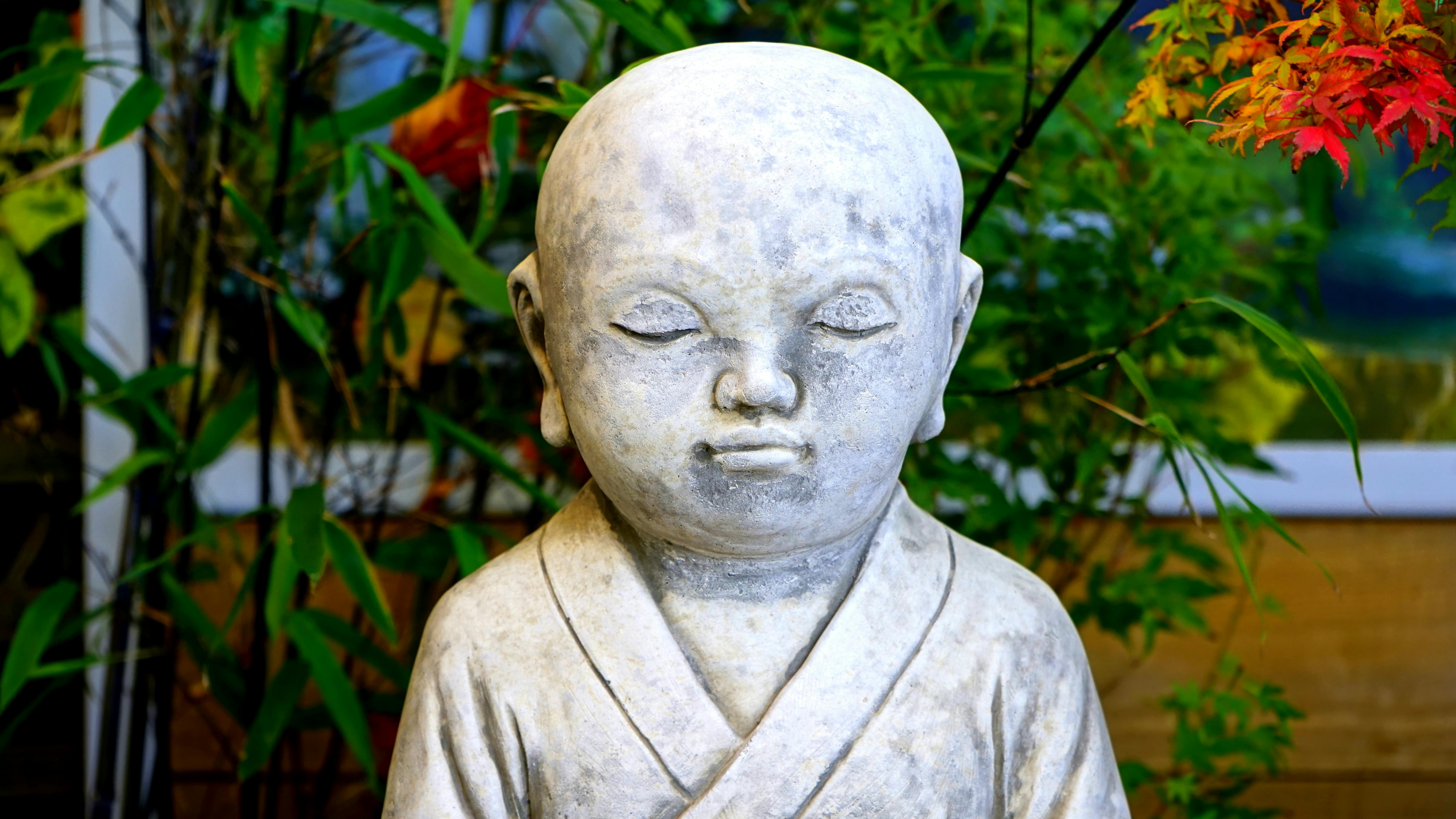Esther Dermott and Gill Main (Universities of Bristol and Leeds respectively) edited a report of a comprehensive study on poverty in the UK in 2012. It was not spiritual poverty but social exclusion. They found that respondents thought that poverty is not being able to afford to live an ordinary social life, with adequate housing and enough food. The results were that, among other things, this requires at a minimum:
- An adequately warm and moisture-free home,
- two meals a day,
- Transportation to go to work, visit or attend the hospital, or be present at important ceremonies and social events.
- a washing machine
- A warm waterproof coat and all-weather shoes,
- Necessary dentistry.
I can only guess how it would feel to be very poor. Maybe I could feel guilty if I couldn’t provide a proper home for my family. Possibly horror, seeing my children go hungry or lack adequate clothing for the cold winds of winter. Perhaps a sense of isolation, if you don’t have the money to join the usual social occasions. As for being homeless, frankly I can’t even begin to imagine the physical and emotional hardships that come with such material deprivation.
‘One can endure poverty for a while when young, but it will inevitably wear a person down..’ (David Byrne, musician and filmmaker)
spiritual poverty
When people are spiritually poor, they tend to have feelings of emptiness, apathy, boredom, aimlessness, or alienation. You may be financially comfortable and have these experiences.
The poor are very aware of their financial problems and what they do not have. However, not everyone who experiences spiritual poverty realizes that they are missing something important to do with inner well-being.
These could be us. So what could be missing from our lives? It could be not having a spirit of generosity. When one behaves in a bad way, then this can be seen by others but not necessarily noticed by oneself, at least not at the time. Alternatively, our spiritual poverty could be a lack of patience. This is shown by acting on impulse perhaps to our detriment. Lack of moderation reveals itself in self-indulgence. A shortage of kindness also comes to mind. This can be made known by our thoughtlessness in what we say or do.
In other words, spiritual poverty is the absence of what has traditionally been known as the various human virtues. I would suggest that the New Testament notion of being ‘poor in spirit’ is to recognize this spiritual poverty in oneself.
Our limitations with respect to poverty alleviation
If we don’t have money, there are likely limits to what we as individuals can do to alleviate our own difficulties. Similarly, there are limitations to what we can do to stop the suffering of others in material poverty, given the pervasive extent of social deprivation. Making charitable donations to food banks, participating in community engagement for social action, and spending our free time volunteering are a few things that come to mind. However, perhaps we can do more about our own spiritual poverty.
alleviate spiritual poverty
The problem is that a personal makeover is necessary to alleviate spiritual poverty. And that also sounds like a tall order. Who among us alone through our efforts can create spiritual wealth? Become an altruistic person? Forgive and tolerant with those who offend or hurt us? Who among us can create a magical feeling of contentment, peace, and blissful well-being? For my part, I can’t.
It takes humility to accept that we are spiritually impoverished. That what we lack is of vital importance and that we cannot create it by ourselves.
I believe that there are significant obstacles that prevent us from receiving spiritual riches. A stumbling block is a sense of self-satisfaction. Another is the denial that there is a transpersonal source of virtue beyond us. According to this approach, it is crucial to recognize that spiritual richness comes from a universal warmth of spirit and a light of intelligence that exceeds our own limited minds.
There is no shame in asking for needed help. It is not a sign of unworthiness. We don’t have to condemn ourselves as ‘sinners’ serving punishment. But it requires a humble attitude. Actually, I think this means letting go of being attached to aspects of our own ego: self-intelligence, self-importance, self-sufficiency. An emptying of oneself is necessary so that we can fill ourselves with light and love.
Christ – a role model of spiritual poverty
A well-known model of a humble attitude is Jesus Christ. In my reading of the Gospel account, he appears as if he has been assertive in presenting his teachings. However, he didn’t act like he was better than other people. Neither did he seek power and social status. Instead, he ate with people whom respectable society despised. I am referring to the so-called ‘tax collectors’ and ‘sinners’. On his last night alive, he acted as a servant to his own followers by washing and drying their feet. And he rode through the crowd to Jerusalem on the back of a humble donkey.
As a child the narrator writes that he obeyed his parents in Nazareth where the family lived. His obedience as an adult to his spiritual ‘Father’ was a more obvious feature of the story. For example, when he was anxious about his future, he prayed for help. He would not do what he wanted, but the will of his ‘Father’. And he kept this promise by not retaliating against those who were cruel to him. Even to the point of allowing himself to be tortured and killed. In other words, he emptied himself of self-gratification, self-aggrandizement, and other selfish states of mind that I would suggest stand in the way of receiving rich spiritual gifts.
Like Christ, we too can learn to let go of ego clinging. Instead, acknowledge our poverty of spirit and seek help for it.
‘Blessed are the poor in spirit, for theirs is the kingdom of heaven.’ (Jesus Christ)




